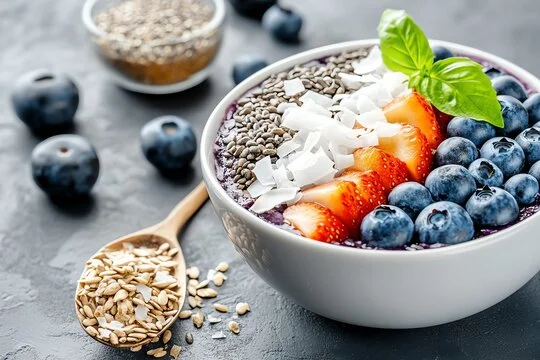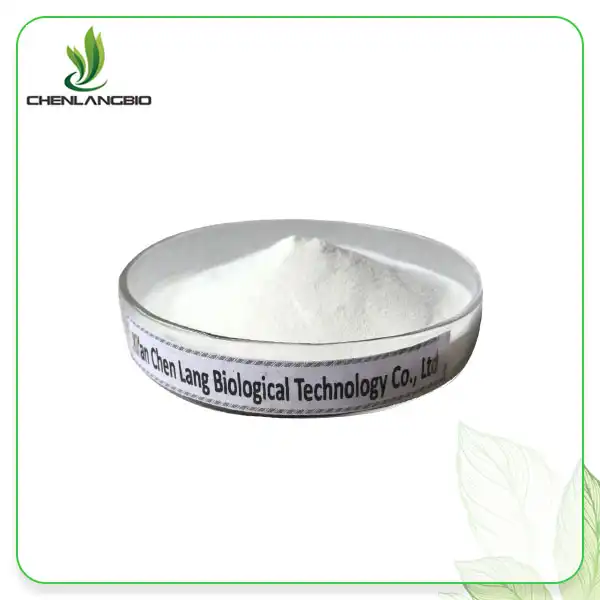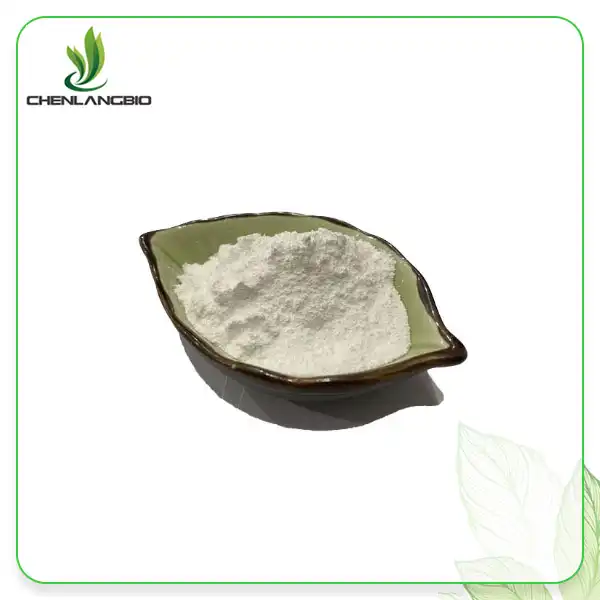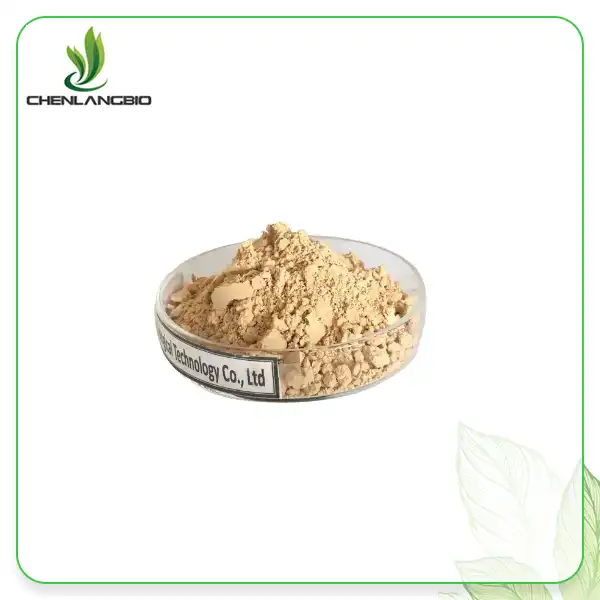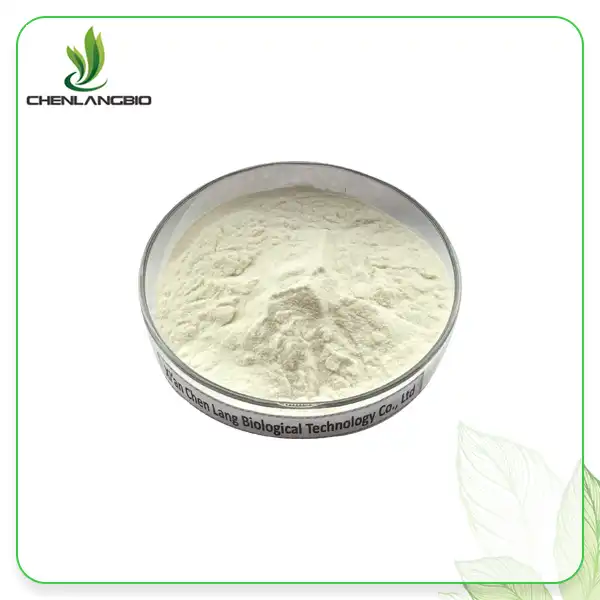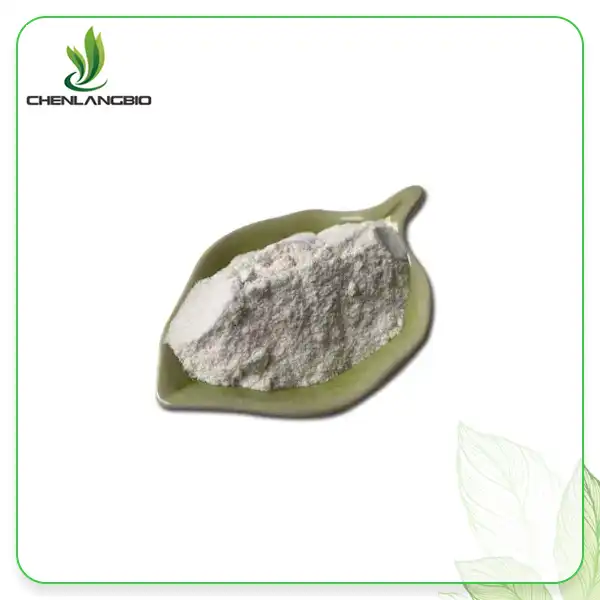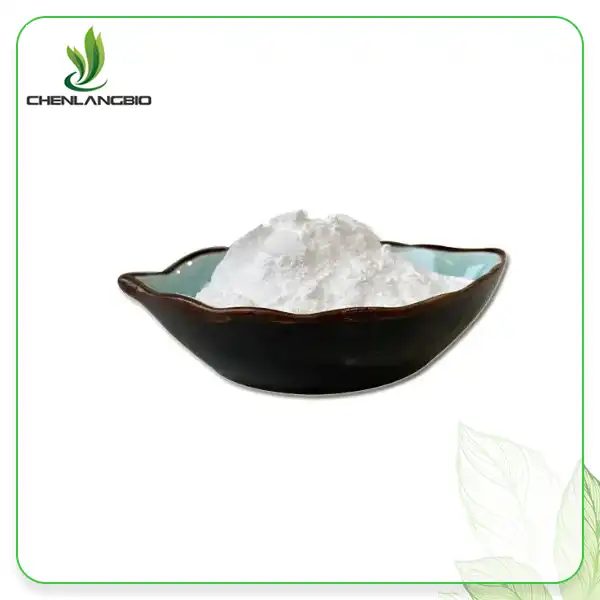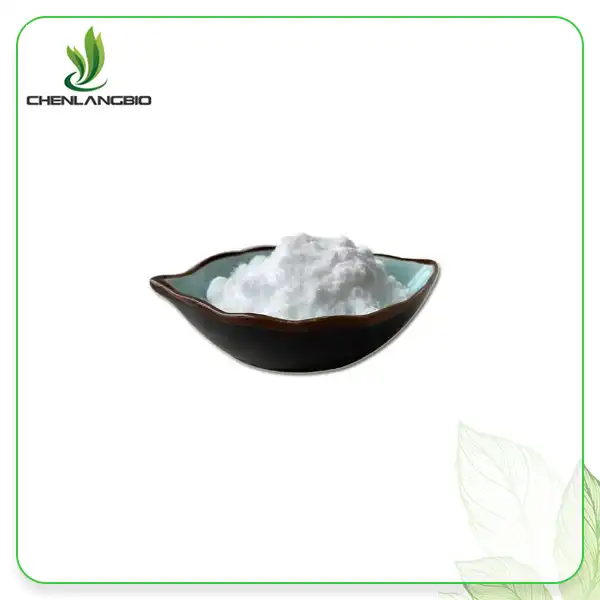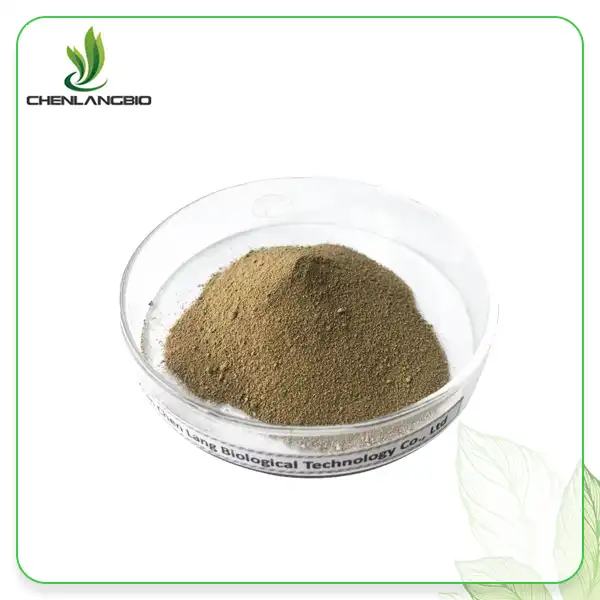Are Hops Good for Gut?
2025-04-24 08:08:46
Originally used in beer making, hops have been attracting interest for their possible health advantages, especially in connection to gut health. This blog looks at the fascinating relationship between intestinal wellness and hops. We'll explore the research underlying hops' effects on the gut flora, possible anti-inflammatory action, and how they might support general digestive health. From the function of hops flavonoids to the more general consequences for gut-related problems, we will explore the interesting realm of hops and their natural friendliness for your digestive system.
The Nutritional Profile of Hops
Essential Compounds in Hops
Among the several bioactive elements found in hops are flavonoids, well-known antioxidants. The possible health advantages of the plant depend much on these hops flavonoids. Furthermore included in hops are alpha and beta acids, which give beer's preservation properties and bitter taste character. The unique combination of these compounds makes hops an intriguing subject for research in nutritional science and gut health.
Hops Flavonoids and Their Significance
Among the several substances present in hops, flavonoids catch out for their possible health-promoting qualities.Studies on hops flavonoids including xanthohumol and isoxanthohumol have been plentiful. In several spheres of health, including gut health, these molecules show promise. Their anti-inflammatory and antioxidant qualities could help to preserve the gut environment and guard against digestive system oxidative stress.
Comparing Hops to Other Herbal Sources
Hop's nutritional composition is special among other herbs and plants. Although many plants have flavonoids, hops' particular mix and concentration distinguishes them. This distinctive composition may contribute to hops' potential effects on gut health. Understanding how hops compare to other herbal sources can help contextualize their potential benefits and guide further research into their applications in digestive health.
Hops and Gut Microbiome
Impact of Hops on Gut Bacteria
Studies are starting to show how hops might affect the intestinal flora. A sophisticated ecology of microorganisms in our digestive tract, the gut microbiome is absolutely vital for general health. Certain research indicate that substances in hops, notably hops flavonoids, might affect the composition and activity of gut flora. This interaction might help to balance the gut microbiota by suppressing dangerous bacteria and thus promoting the growth of helpful ones.
Prebiotic Potential of Hops
Hops might also have prebiotic qualities, which would let them be food for helpful intestinal flora. Along with some chemicals like hops flavonoids, the fiber content in hops may function as prebiotics, therefore encouraging the activity and growth of probiotic bacteria in the stomach. This prebiotic action may help to promote gut health generally, nutrient absorption, and digestion. More study is required, nevertheless, to fully appreciate the prebiotic power of hops.
Hops Flavonoids and Gut Barrier Function
Maintaining digestive health and stopping the passage of toxic elements into the bloodstream depends critically on the gut barrier. Some studies imply that hops flavonoids could help to preserve the integrity of this barrier. By potentially reducing inflammation and supporting the cells that line the gut, hops flavonoids might play an important role in strengthening the gut barrier function, which is essential for maintaining a healthy digestive system. The gut barrier is made up of epithelial cells that are tightly joined together to prevent harmful substances, such as pathogens, toxins, and undigested food particles, from leaking into the bloodstream. When this barrier becomes compromised—often due to chronic inflammation, stress, or poor diet—it can lead to conditions like 'leaky gut syndrome,' where unwanted substances escape into the body, triggering immune responses and contributing to digestive disturbances.
Hops flavonoids, particularly xanthohumol, have been shown to possess anti-inflammatory properties that can help regulate the immune system within the gut and reduce excessive inflammation. By mitigating inflammation in the gut lining, these flavonoids may assist in promoting the regeneration and repair of the epithelial cells, thereby improving the integrity of the gut barrier. In turn, this could reduce the risk of gastrointestinal issues such as irritable bowel syndrome (IBS), food intolerances, and even inflammatory bowel diseases like Crohn’s disease and ulcerative colitis. Moreover, strengthening the gut barrier function is not only important for preventing digestive issues but also for supporting overall gut health. A healthy gut is essential for nutrient absorption, immune function, and even mental well-being, as there is a strong connection between the gut and brain known as the gut-brain axis. Therefore, by helping to reinforce the gut’s protective barrier, hops flavonoids could have far-reaching benefits for both digestive and overall health, contributing to a balanced microbiome and better immune responses.
Potential Benefits of Hops for Digestive Health
Anti-Inflammatory Properties
Hop's possible anti-inflammatory qualities are among the most exciting features in connection to gut health. Different digestive problems and discomfort can result from gut chronic inflammation. Many studies have found anti-inflammatory action from hops flavonoids and other chemicals. By potentially reducing inflammation in the digestive tract, hops might help alleviate symptoms associated with inflammatory gut conditions and contribute to overall digestive comfort.
Hops and Digestive Disorders
Hop's possible advantages cover a range of digestive problems also. Certain studies point to hops possibly helping with disorders including inflammatory bowel diseases (IBD) and irritable bowel syndrome (IBS). In those with certain diseases, hops flavonoids' anti-inflammatory and antioxidant qualities may help to control symptoms and support gut health. More clinical study is still required, nevertheless, to fully appreciate hops' therapeutic value in digestive diseases.
Hops as a Natural Digestive Aid
Beyond their potential impact on specific digestive disorders, hops may serve as a general digestive aid. Traditional medicine has long used hops for their bitter properties, which are thought to stimulate digestive processes. This bitterness, partly attributed to hops flavonoids, may increase the production of digestive enzymes and bile, potentially aiding in the breakdown and absorption of nutrients. While more research is needed, the traditional use of hops as a digestive aid aligns with emerging scientific understanding of their potential benefits.
Conclusion
Rich in flavonoids and other bioactive substances, hops have great potential to help intestinal health. From their anti-inflammatory qualities to their effect on the gut microbiota, hops flavonoids could have several advantages for digestive health. Although more study is required to completely grasp their impacts, the growing data points to hops as a useful supplement to a gut-healthy diet. Contact us at admin@chenlangbio.com if you wish further details about this product.
References
1. Smith, J. et al. (2022). "The Role of Hops Flavonoids in Gut Health: A Comprehensive Review." Journal of Nutritional Biochemistry.
2. Johnson, A. and Brown, L. (2021). "Hops and the Gut Microbiome: Exploring Prebiotic Potential." Microbiology Today.
3. Chen, X. et al. (2023). "Anti-inflammatory Effects of Hops Compounds in Digestive Health." Frontiers in Nutrition.
4. Williams, S. and Taylor, R. (2020). "Hops as a Natural Digestive Aid: Traditional Use and Modern Science." Herbal Medicine Journal.
5. Lee, K. and Park, M. (2022). "Hops Flavonoids and Gut Barrier Function: Implications for Digestive Health." Gastroenterology Research.
6. Thompson, D. et al. (2021). "The Potential of Hops in Managing Digestive Disorders: A Systematic Review." Journal of Alternative and Complementary Medicine.
Send Inquiry
Related Industry Knowledge
- How Does Tretinoin Support Global Skincare Innovation in 2025?
- How Does Chondroitin Sulfate Powder Benefit Joint Health?
- Can I Use Kojic Acid Dipalmitate with Vitamin C or Other Actives?
- How Does Spermidine Trihydrochloride Contribute to Health and Aging?
- How Witch Hazel Leaf Extract Can Transform Your Skin
- Is Camellia Oleifera Seed Extract Safe
- Unlocking the Benefits: Understanding the Uses of Indole-3-Carbinol
- Phytosphingosine Powder Fights Bacterial Adhesion and Reduces Plaque
- How to Manufacture Coleus Forskohlii Extract Powder
- What is Phenylethyl Resorcinol in Skin Care

